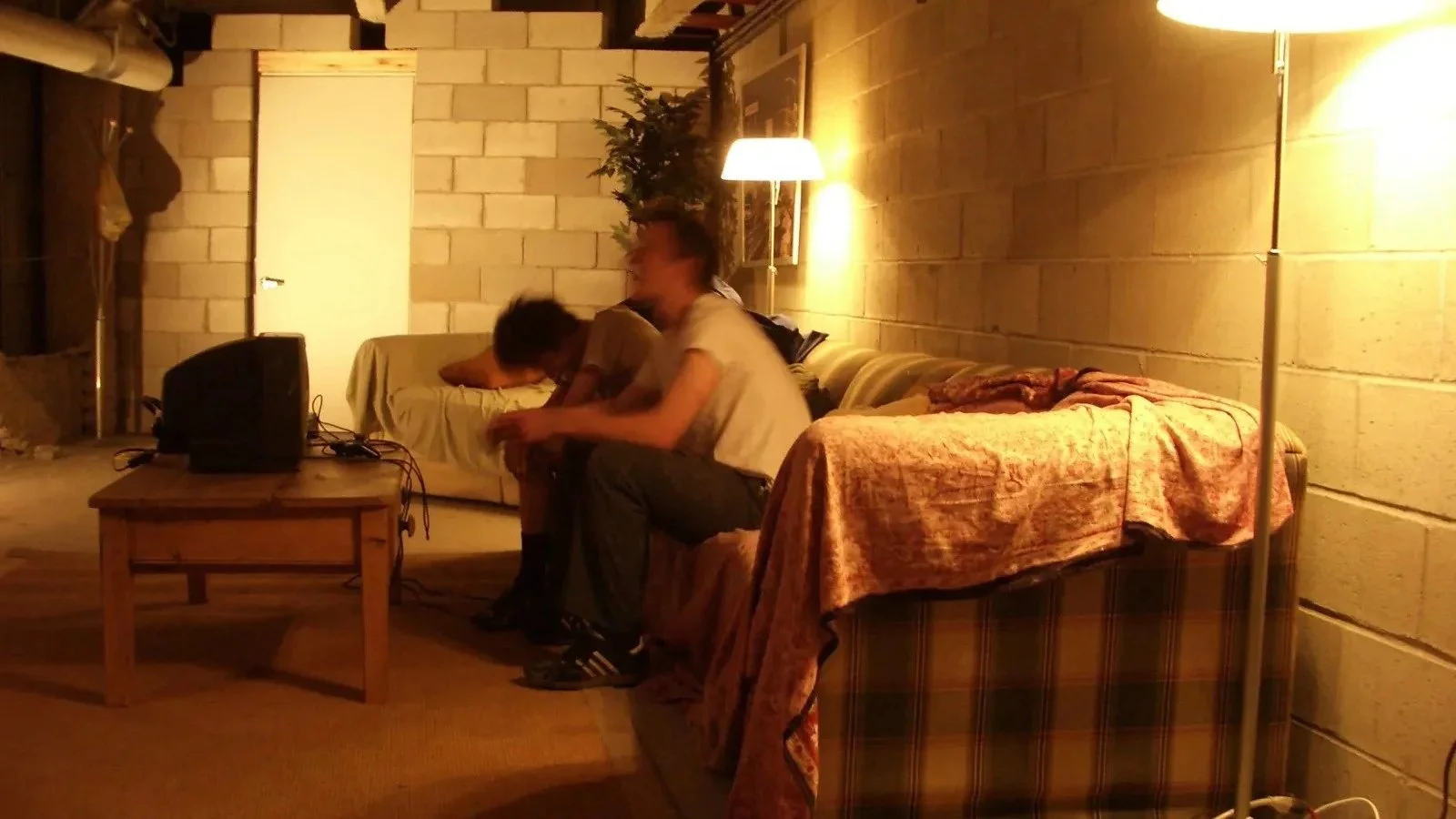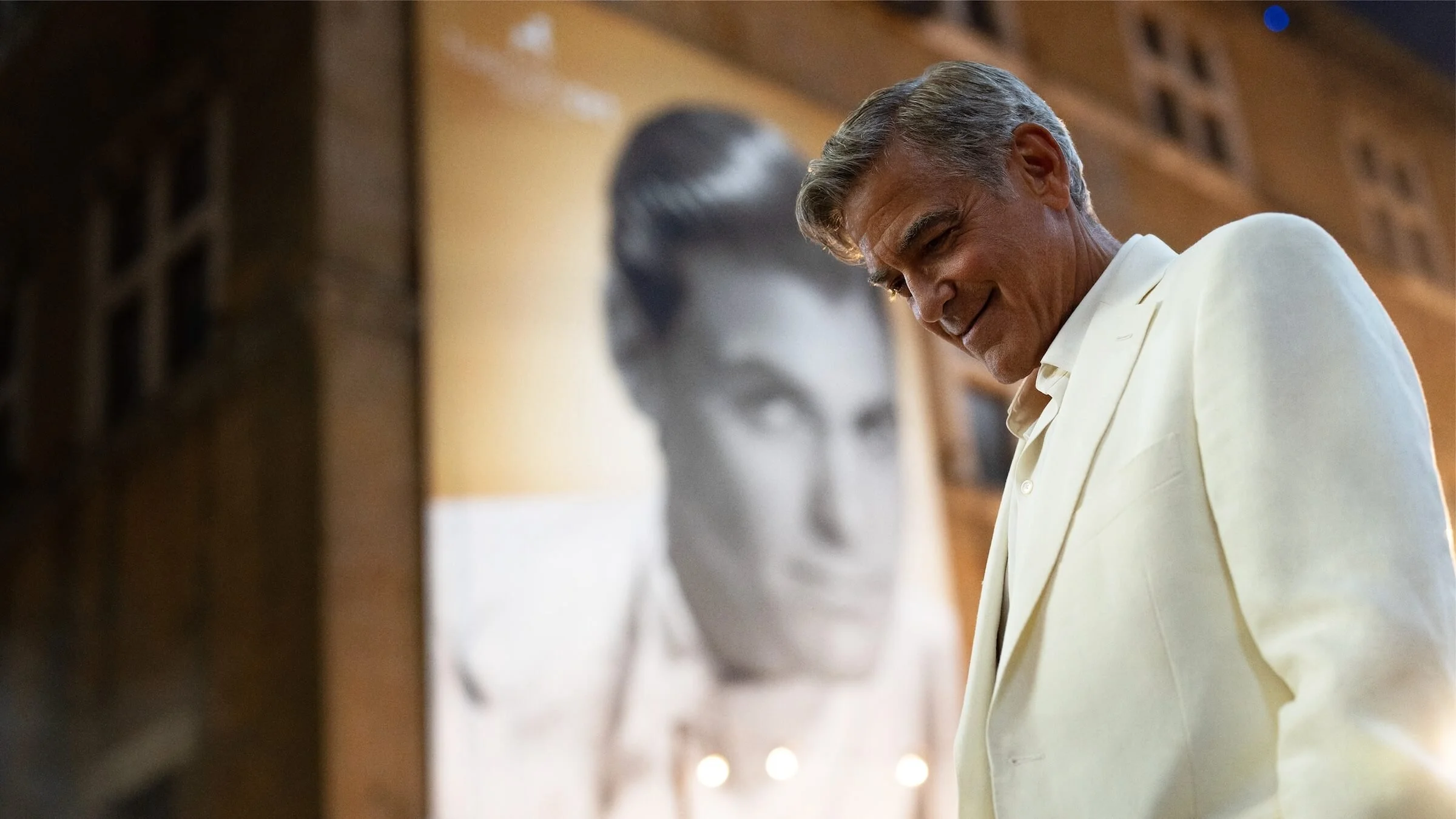Review: Mickey 17 (2025)
Perhaps Bong Joon-ho’s comedic approach simply does not translate well from Korean to English, or perhaps most cinematic jokes about Donald Trump and his ilk simply don’t land with the authority they need to. Whatever the case, Mickey 17, Bong’s new science-fiction adaptation starring Robert Pattinson, has many strengths, including Pattinson in the lead role. However, humour isn’t one of them, particularly when dealing with the film’s leaden satire about a Trumpian figure (Mark Ruffalo with absurd veneers) and his wife who is inexplicably obsessed with sauce (Toni Collette, with more disturbing facial contortions here than she pulls off in Hereditary). Bong, like Guillermo del Toro and other international luminaries before him, cannot resist the urge to needle MAGA America through his fantastical storytelling, but the approach is like a bad comedy sketch latched onto a compelling vision of a future dystopia. The whole simply doesn’t work, even if I admire the hell out of aspects of the film.
Pattinson is terrific as the titular Mickey(s), a mousey-voiced goof who joins a colony ship to a distant, icy planet as a means of escaping some loan sharks who want to cut him and his buddy (Steven Yeun) up into little pieces for defaulting on a loan. When we meet him at the outset of the movie, we meet Mickey 17, i.e. the 17th variation of the Mickey who left earth. Through flashbacks, we learn that Mickey didn’t read the fine print and found himself signing up as an expendable, a human lab rat who can do all the dangerous work for the ship’s crew and die repeatedly because each time, he’s regrown with his memories and personality uploaded into a new body. We see how Mickey gets to die again and again, in ways more meaningless and absurd, growing inured to the whole process of life and death.
Mickey is a fool, but he’s a loveable fool and Pattinson plays him as an endearing cross between a Tim Robbins-style romantic lunkhead (think of his work in Bull Durham or The Hudsucker Proxy), a holy idiot, and a silent film vaudevillian (Charlie Chaplin often combined the latter two in his silent works). Pattinson sports a squeaky Brooklyn accent and flops around the film crashing into one accident after another, which is fine since all fatalities are erased each time a new Mickey is regrown. One sequence has Mickey eat some bad lab-grown meat and pratfall through several tables in an elaborate stateroom; Pattinson shows off the kind of physical dexterity and slapstick brilliance that is usually impossible to find in modern cinema outside of Jackie Chan and Tom Cruise. The trucking camera going right to left to follow Mickey’s pratfalls reminds us of the calculated brilliance of physical humour in past Bong films, notably the opening crime scene in Memories of Murder, where all the cops keep slipping down the muddy hill into the rice paddy.
Too bad, then, that this brilliant performance and this hilarious moment of physical comedy come alongside the cringeworthy mugging of Ruffalo and Collette. Right before Mickey’s pratfall, Ruffalo and Collette performatively flail around with bad line readings and a God-awful impromptu hymn that causes hide-under-the-universe embarrassment, as LexG might style it. Ruffalo plays the colony leader, a failed politician who sports ill-fitting suits and mugs around on stages saying incoherent political slogans. Ruffalo is going for a curiously-low-energy Trump impersonation; he even tries to dance like Trump at one point, with his fists out at his sides like he is working two pumps simultaneously.
Ruffalo might be failing at a satirical impersonation, but Collette is more egregious as the baffling wife, who seems to grow more hysterical and bizarre as the film goes on. Early on, she’s depicted as something of a puppet master, pulling the strings of her stupid husband, but as the film progresses, her true motivation seems to be to find sources for delicious meats and slurpy sauces to accompany them (the Okja-style vegan politicking is truly out of place here). Collette is so uncomfortable and discomforting here; she doesn’t know how to perform the absurdity like Tilda Swinton would, and so instead ends up scowling and screeching in a woefully written and miscalculated performance.
It doesn’t take much to understand why Bong puts a Trumpian satirical target into his film. Beyond the political commentary on our present day, the movie is set in a dystopia, so the implication is that following such a figure as Trump will lead to a world of folly like we see in Mickey 17, where human life is so expendable that people are regrown like lab-generated meat. But the movie doesn’t need contemporary political commentary to make its themes about class and human degradation work.
Bong is always interested in class; in Parasite most famously, in Snowpiercer most didactically, in Memories of Murder in ways perhaps more subtle, but arguably most affectingly. Mickey’s job as an expendable and his dejected approach to life, which is only made worth living (and dying) because of his relationship with Nasha (Naomie Ackie), plays right into Bong’s wheelhouse. It’s touching to witness Mickey try to suss out some meaning in an existence that is transformed into limbo due to the sci-fi advantages of the film’s technology.
The movie is also exceptionally made from a technical standpoint. The spaceship is a tactile storyworld with a clear function and hierarchy. We believe real people live out their mundane, understandable existences. Furthermore, there are many gorgeous shots and clever visual constructions courtesy of Bong and cinematographer Darius Khondji, whether it’s Mickey watching the stars from the outside of the ship or him trying to communicate with one of the aliens on the colony world. Even the CGI of said aliens and the hulking starship are well done.
So it’s too bad that Bong latches this goofy sci-fi story about class warfare onto a scattershot and incoherent satire about populism and strong-man politics and the supposed failings of the religious right/capitalist class. Clearly, Bong finds these elements funny. Sadly, they’re not. Humour might be subjective, but you can tell when a joke is bombing and the audience is unreceptive. Pattinson’s Mickey might elicit chuckles with his slapstick, but the satire elicits groans, and the balance between groan and chuckle is weighted far too much to the former.
There’s a lot to like about Mickey 17, but the miscalculation of key elements guarantees that when people recall the film in the future, it will be seen as a curious failure to follow a Best Picture winner, rather than as a success in its own right.
5 out of 10
Mickey 17 (2025, USA/South Korea)
Directed by Bong Joon-ho; written by Bong Joon-ho, based on the novel, Mickey7, by Edward Ashton; starring Robert Pattinson, Naomi Ackie, Steven Yeun, Toni Collette, Mark Ruffalo.



Joe Carnahan’s cop thriller starring Matt Damon and Ben Affleck is an enjoyable whodunnit.